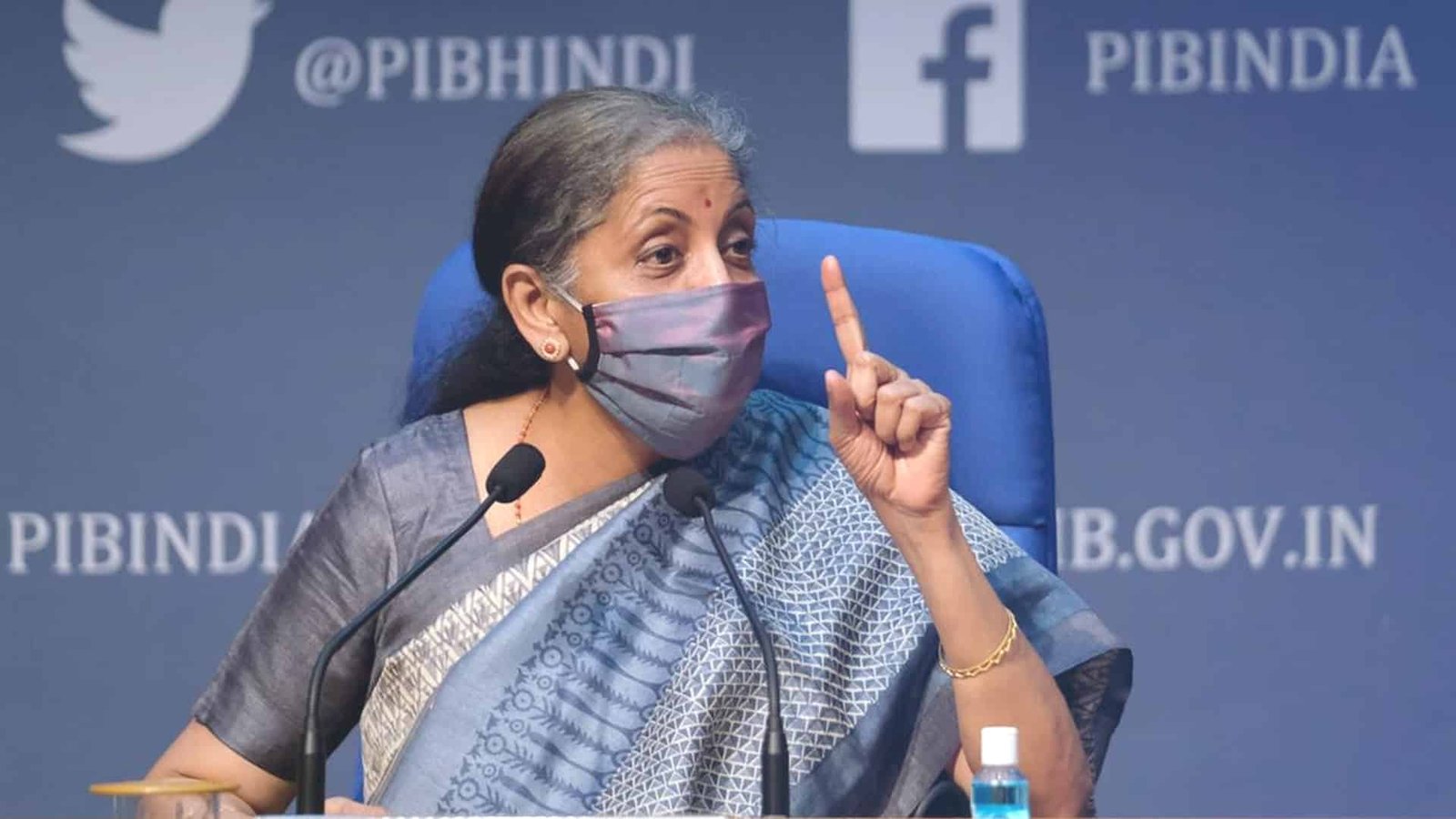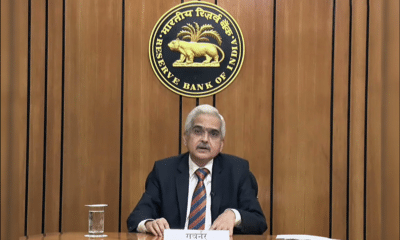India Inc on Monday urged Finance Minister Nirmala Sitharaman to take growth-oriented steps, including a fresh fiscal stimulus, in the next budget to maintain the pace of recovery in the economy, which has gone through a rough patch on account of the outbreak of coronavirus pandemic. In the virtual pre-budget consultation meeting with the minister, the captains of Indian industry suggested lowering direct tax rates for individuals, more incentives for housing sector and rationalisation of GST structure with a view to boost growth. The industry chambers also made a case for accelerating infrastructure investment, privatisation of state-owned companies and greater tax incentives for research and development activities.
“The economy is recovering at a quick pace and this momentum needs to be sustained. Quick and timely action by the government has led to this turnaround. Next year’s budget must prioritise growth-oriented measures and fiscal considerations should be secondary. The need for further fiscal stimulus remains,” said FICCI in its budget recommendations. Presenting the suggestions, CII President Uday Kotak said, “Government expenditure should be prioritised in three areas – infrastructure, healthcare and sustainability. The budget proposals should also address two critical areas of boosting private investments and providing support for employment generation.” Emphasising on the urgent need for financial sector reforms, Kotak said achieving the vision of India being a USD 5 trillion economy is contingent on having a strong financial sector, and the government should bring down its stake in public sector banks to below 50 per cent through the market route over the next 12 months, except for 3-4 large banks such as State Bank of India, Bank of Baroda and Union Bank.
Government should also create, government owned, professionally managed Development Finance Institutions (DFIs) to finance key sectors of the economy, on the lines of KfW Germany, Brazil Development Bank (BNDES), and Korea Development Bank. This could be achieved by infusing equity in NABARD for financing agriculture and rural sector, SIDBI for financing MSMEs and IIFCL for financing infrastructure, he added. Making a pitch for moderation in taxes, Assocham suggested rates for individuals may be reduced keeping in mind the reduced corporate tax rates and increased surcharge on individual taxpayers. Minimum Alternate Tax (MAT) has outlived its utility and creates avoidable disputes and litigation, which may go up significantly on account of transition to IND AS, it said, adding that the tax should be abolished and alternatively the rate under section 115JB of the Act should be reduced to 12 per cent. To promote real estate sector, industry chambers made various suggestions, including increasing limit for interest deduction paid on home loan from Rs 2 lakh to Rs 5 lakh and interest subvention on housing loans of 3-4 per cent for a period of 3-4 years. “Consider making employee’s contribution to EPF voluntary (without making any change in the employer’s contribution). Also consider giving a three-year holiday for ESI contribution to both employers and employees,” Ficci said.
“These will enhance the take home salary for individuals and will be particularly helpful in reducing the gap between gross and net salary for employees at the bottom of the pyramid,” it added. Utilise a small part of foreign exchange reserves (USD 15 or 20 billion) for setting up a fund and lend to Indian industry at say 6 per cent in rupees for new projects and substantial expansion, and the tenure for these loans should be 8-12 years, the chamber said. “Pledge PSU shares to RBI and raise resources at low rates, the market value of government shareholding in PSUs will be around Rs 15 lakh. A third of the shared can be pledged to RBI and government can raise Rs 5 lakh crore. This can be a loan at a low rate of interest repo rate,” it said. Accelerate planned disinvestment program, the chamber said, adding that privatisation should be in true spirits ensuring capital investment from private sector (domestic or foreign). Given that the tenure of National Anti-Profiteering Authority was initially prescribed for a two-year period and with GST law largely been settled, it is recommended that determination of prices should be left to the market forces and the provision of anti-profiteering in the GST law should be discontinued with prospective effect, it said. The lack of guidelines on the subject is just adding to ambiguity in implementation of anti-profiteering provision by the industry, it said. CII suggested stronger role for Financial Stability and Development Council (FSDC) to ensure seamless coordination amongst regulators for protecting the interests of depositors and small investors. It recommended not to include any significant deductions/exemptions, but focus on greater clarity in law, simplification of procedures and reduction of litigation and extend ‘Vivad se Vishwas’ Scheme.









































